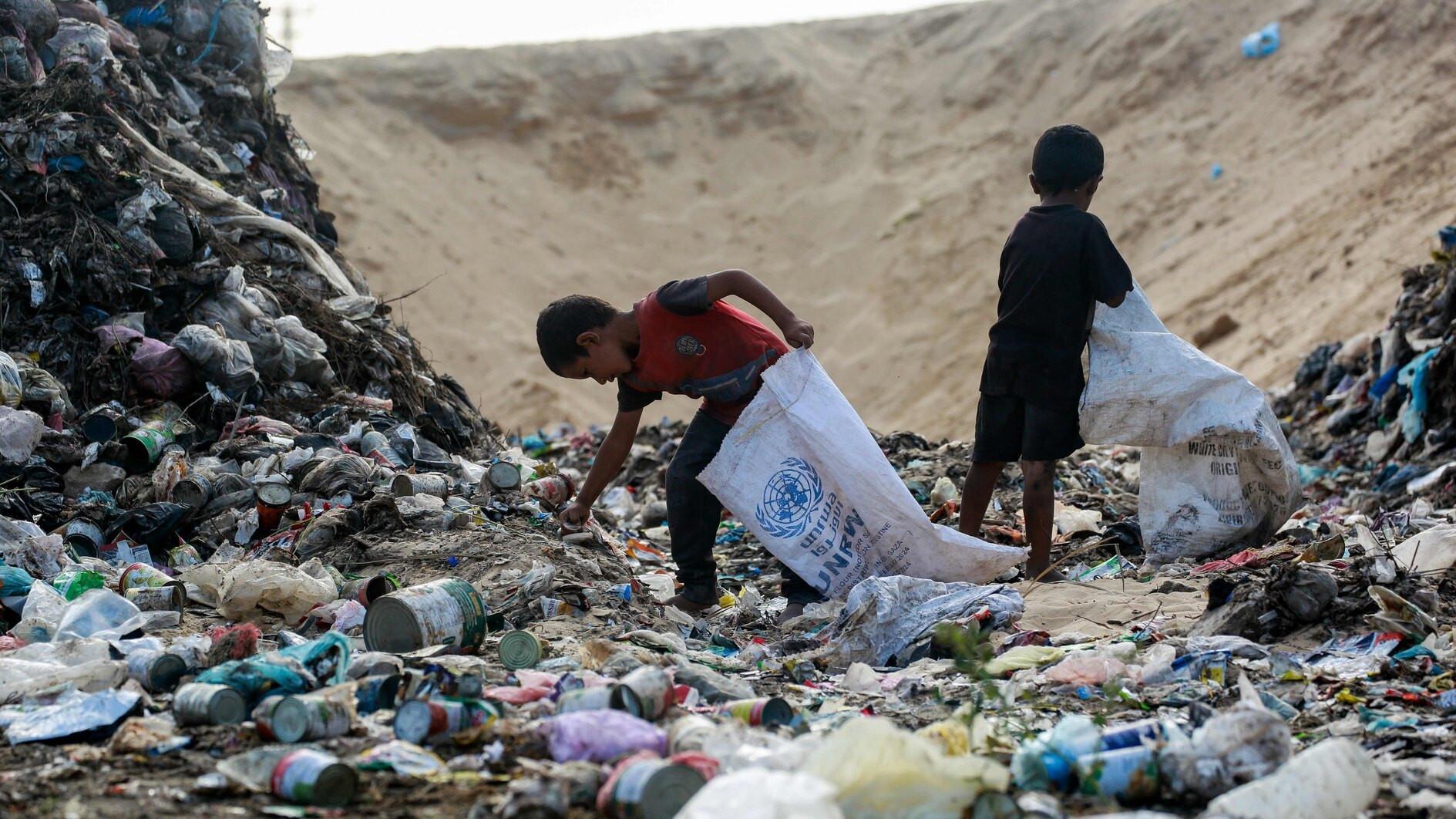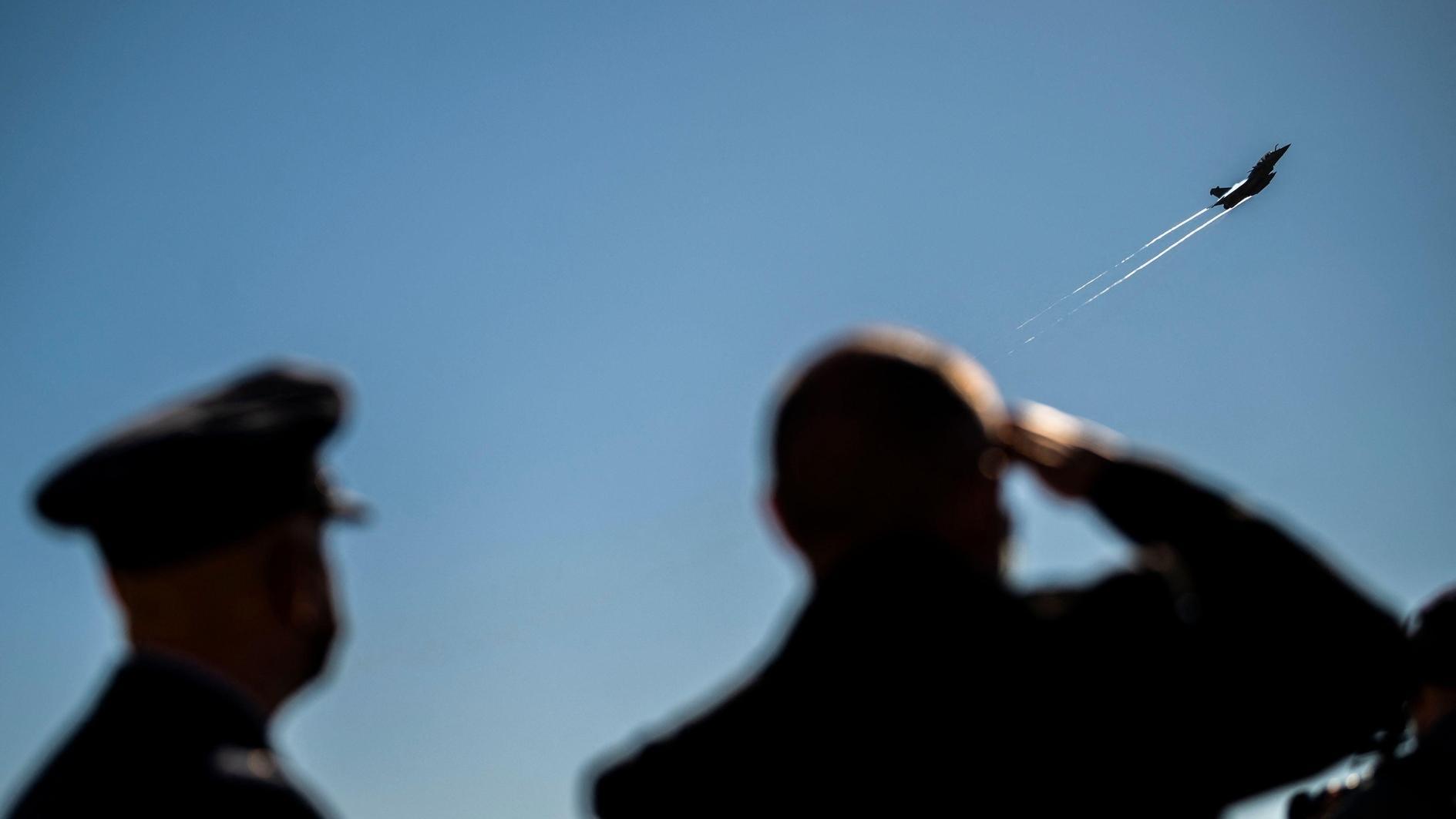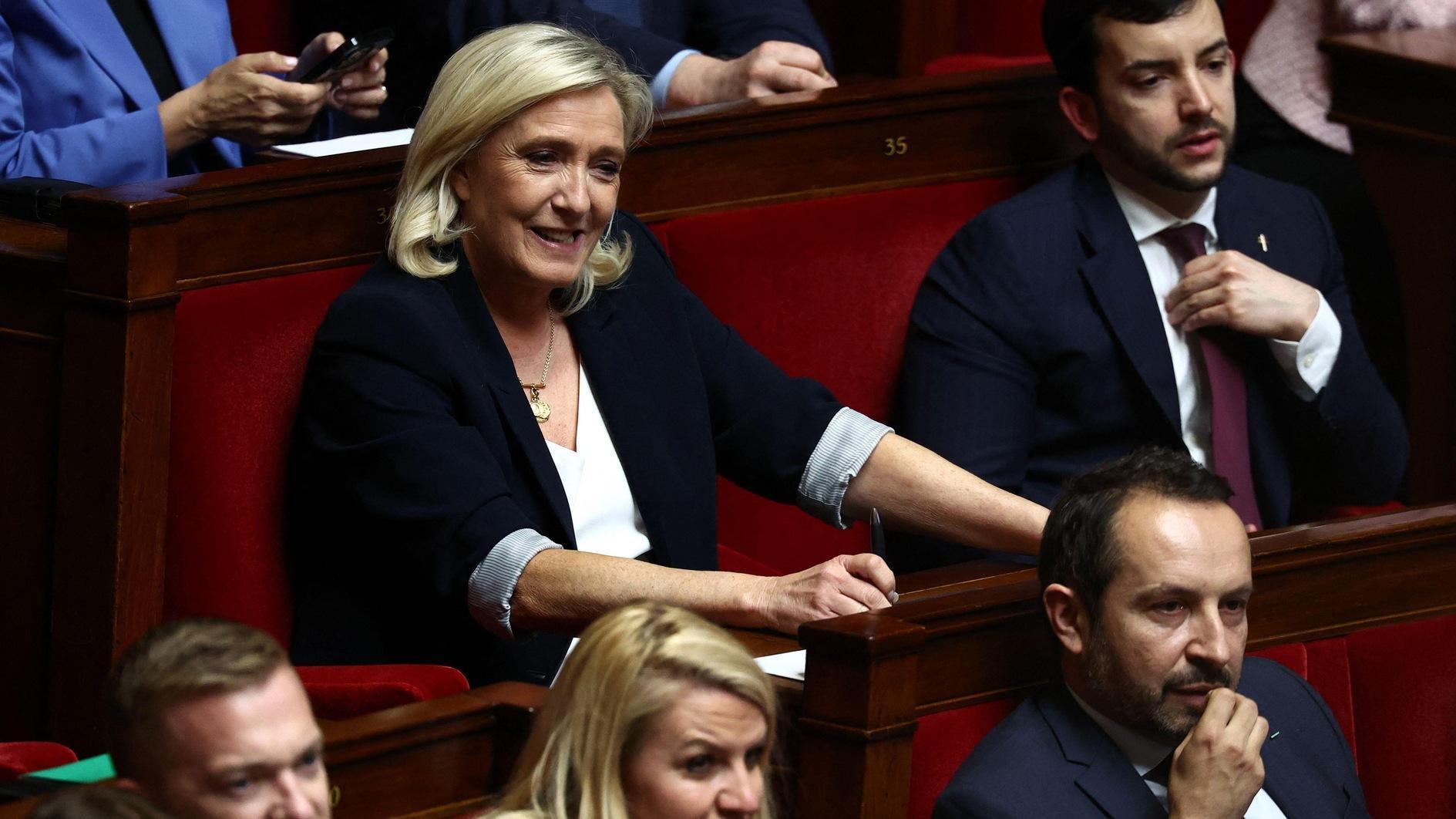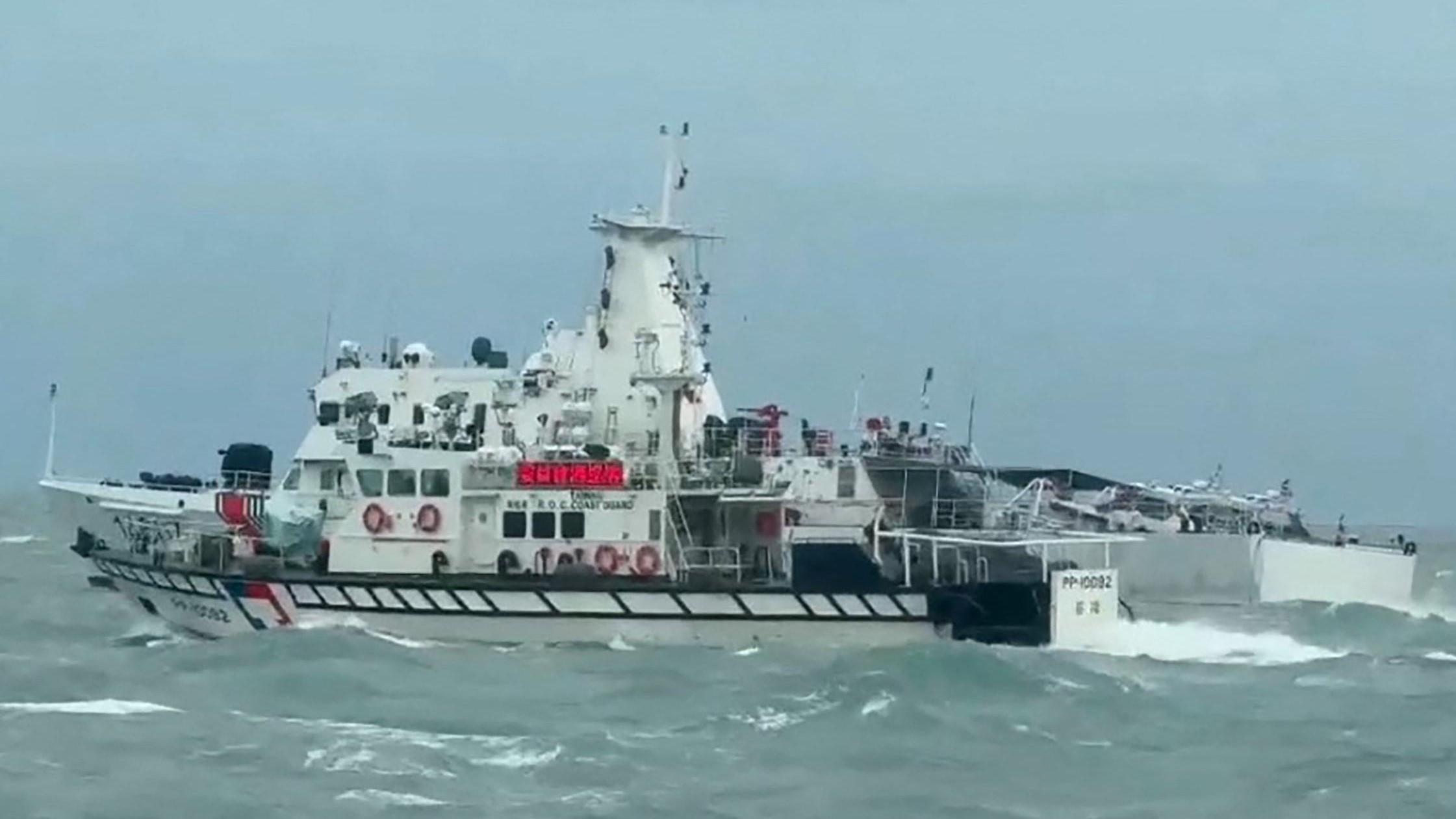Airplane crisis raising questions about future of close economic, trade ties between Russia and Turkey
ISTANBUL/MOSCOW
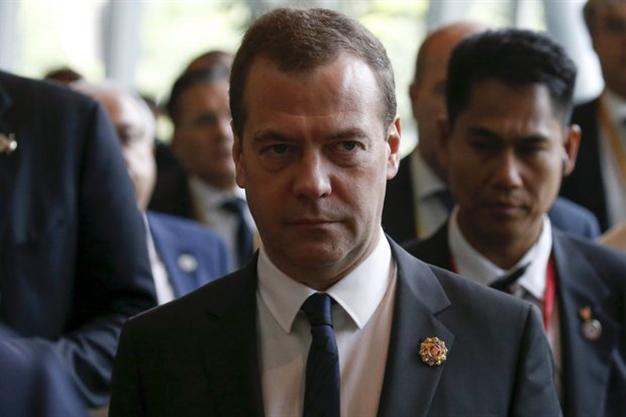
REUTERS photo
Russian Prime Minister Dmitry Medvedev said Nov. 25 that Russia may consider cancelling some important joint projects with Turkey after the downing of the Russian jet by Turkish F-16s near the Syrian border on Nov. 24, raising questions about the future of the countries’ intimate economic and trade relations.Turkish companies could lose Russian market share due to the jet fighter incident, Medvedev said in a statement published on the government website. He suggested it may lead to the barring of Turkish companies from the Russian market.
“The direct consequences are likely to be the renunciation of a number of important joint projects and Turkish companies losing their position on the Russian market,” Medvedev said.
The joint projects that immediately come to mind are a number of existing and planned energy projects between Russia and Turkey.
Turkey commissioned Russia’s state-owned Rosatom in 2013 to build four 1,200-megawatt reactors in a project worth $20 billion.
Russia and Turkey are also working on the Turkish Stream pipeline project, an alternative to Russia’s South Stream pipeline, which was to transport gas to Europe without crossing Ukraine. The South Stream plan was dropped last year due to objections from the European Commission.
The talks over the pipeline have been postponed due to Turkey’s election agenda and disagreements over a gas price discount, as officials from the both countries had earlier mentioned.
“It is quite difficult to start the talks again. If a reconciliatory step is not taken, Russia will most likely not continue this project. Even Russia could even scrap this project and start an alternative project, like, for example, a Nord Stream 2 Gas Pipeline project,” said a sector representative, anonymously quoted by daily Hürriyet on Nov. 25.
Energy trade matters
According to data from Turkey’s energy watchdog, the Energy Market Regulatory Authority (EPDK), Turkey met some 54.76 percent of its natural gas demand from Russia in 2014, some 26 billion cubic meters (bcm) of its 50 bcm of total gas imports. Besides, Turkey is the second largest customer of Russian gas after Germany.
Around half of Turkey’s electricity production is made of natural gas. In this vein, Russia’s top energy companies became one of the worst performers on Russia’s main stock exchange on Nov. 24. Gazprom’s stocks were down 4.2 percent in Moscow and Roseneft’s stocks down at least 2.9 percent, according to Bloomberg data.
Russia largest market for Turkish construction companies
Regarding the countries’ economic ties, the Turkish construction sector may become one of the worst hit as a number of leading Turkish contractors have undertaken huge projects in the Russian market.
According to data from the Contractors Association of Turkey (TMB), Turkish companies have completed around 2,000 construction projects worth over $62 billion in Russia since 1988. The Russian Federation has been the largest market for Turkish contractors, with around 20 percent of share. Turkish companies undertook a total of 47 projects worth around $4 billion in Russia last year.
Turkish food exports so far have not been affected by Moscow’s ban on most Western food imports launched in 2014; these exports have constituted the largest export item for Turkey to Russia. Turkey made over $1 billion worth of food exports to the country in 2014.
In 2014, some 4 percent of Turkey’s exports, mainly textiles and food that were worth $6 billion, went to Russia, Renaissance Capital said in a note on Nov. 24, as quoted by Reuters. Russia has been the seventh largest export market for Turkey.
The head of the Antalya Fresh Fruit and Vegetable Exporters’ Association, Mustafa Satıcı, told daily Hürriyet that Russia has been the largest market for their sector. He added sector representatives do not want to think about any dark scenario regarding the future of trade ties between the two countries.
“Russia is our largest export market, followed by Germany. We don’t even think about a darker scenario in regards to the future of our trade ties with Russia,” he said.
Turkey does not only sell food to Russia, it also imports a major grain: wheat. Turkey, together with Egypt, is also the largest buyer of Russian wheat. It bought 4.1 million tons of Russian wheat in the previous marketing year, which ended on June 30, according to data compiled by Reuters.
Textile, automotive industries seeking revival
The Russian market has also been of great importance for Turkey’s textiles and automotive exports.
The textile manufacturers have long waited for a revival in the Russian market to increase their exports again. The same trend is the case for the country’s automotive exports. Turkey exported around $680 million worth cars to the Russian market last year. Sector representatives have long expected to see a revival in the market, which has shrunk by around 40 percent due to Western sanctions on Russia.
Turkish retailers have over 700 stores in Russia. In addition, Russian citizens have constituted the third largest purchasers of properties in Turkey this year, buying approximately 1,750 units so far.
Turkish-Russian economic and trade ties in figures
ENERGY
Turkey meets around 55 percent of its gas demand from RussiaTurkey is the second biggest consumer of Russian gas after Germany
CONSTRUCTION
Turkish companies undertook a total of 47 projects worth around $4 billion in Russia in 2014
RETAIL
Turkish retailers have over 700 stores in Russia
HOUSING
Russian citizens are the third largest foreign buyers of property in Turkey, with 1,750 units over this year
TOURISM
Russia is the second largest tourism provider for Turkey, with around 3.3 million Russian tourists visiting the country over this year
TRADE
Turkey’s exports to Russia in 2014: $5.9 billion, with around 20 percent of Turkey’s food exports and 15 percent of its textile exports going to Russia
Russia’s exports to Turkey in 2014: $25 billion


